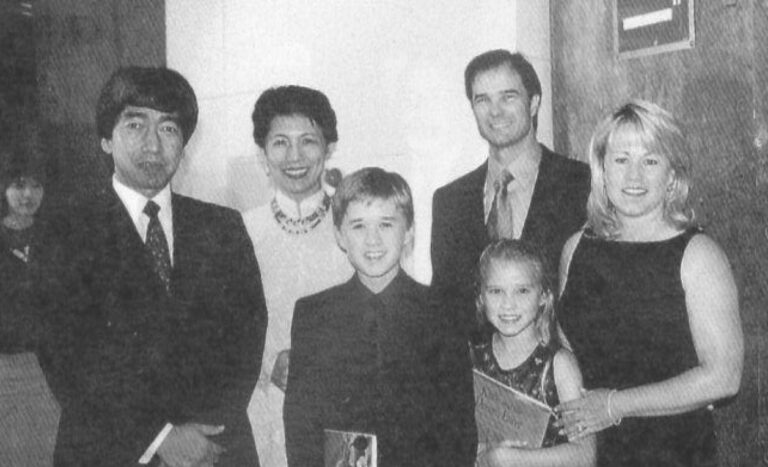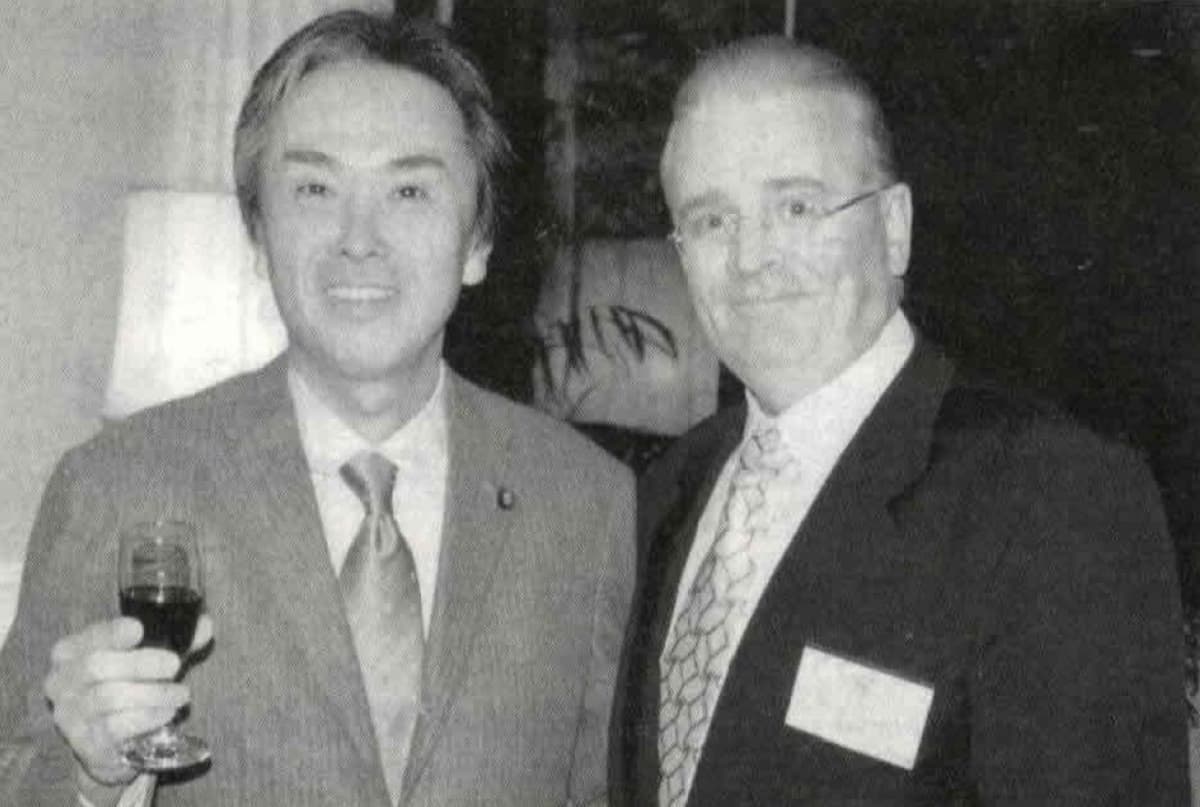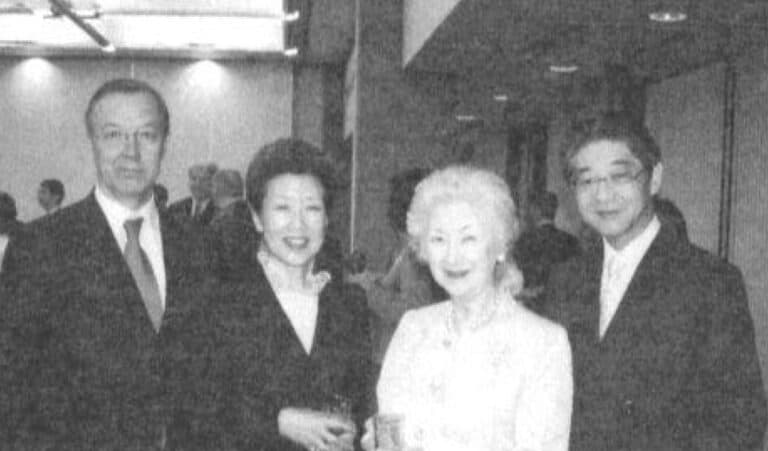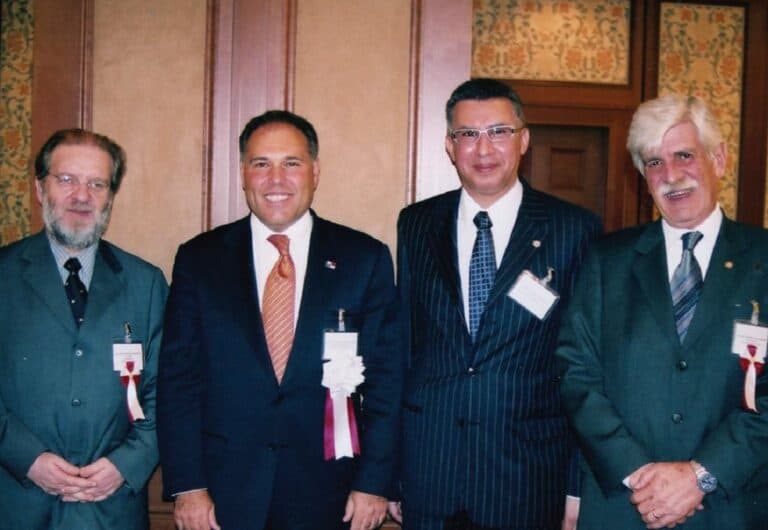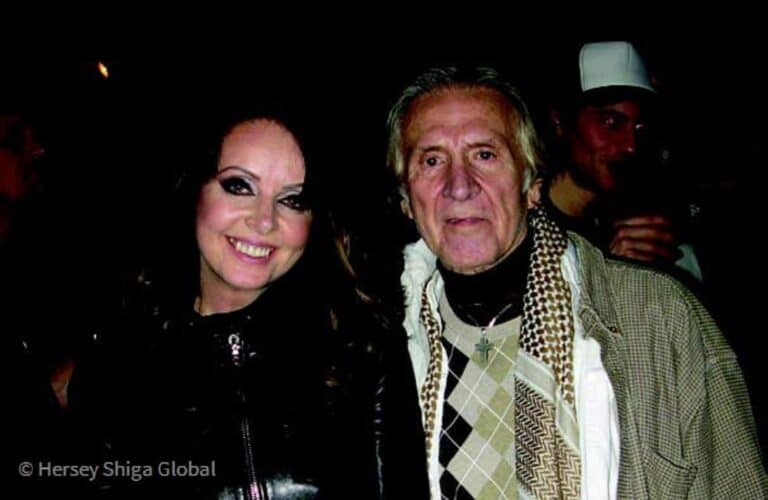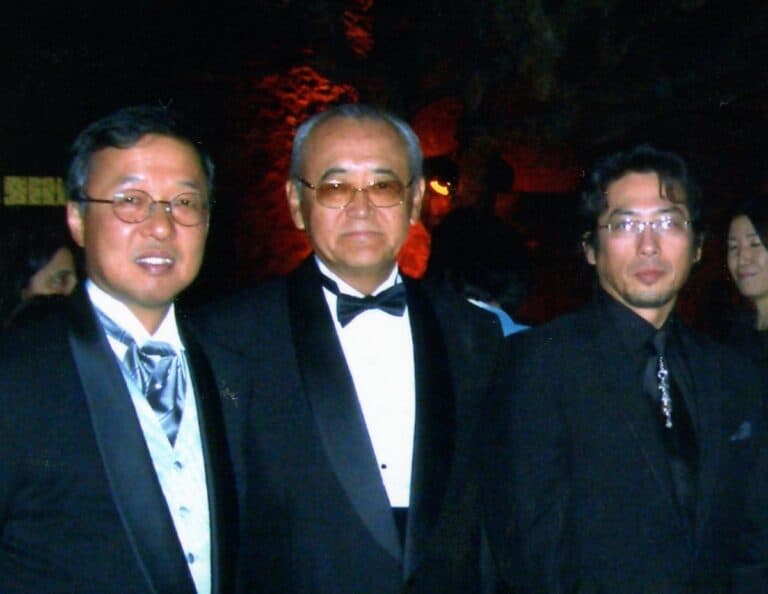Celebrating Algerian 60th Independence Day

Interview on the Cerebration of the 60th Anniversary of Independence and Establishment of Diplomatic Relations Between Algeria and Japan.
This year marks the 60th anniversary of Algeria’s independence from French colonial rule. The Algerian War of Independence, had a great impact on the world. H.E. Mr. Larbi KATTI, the Algerian Ambassador to Japan, provides details on this year’s Independence Day.
Q: Why did Algeria seek independence after 132 years of French colonial rule? The price paid by the Algerian people for this independence seems to have been high. Please tell us about specific battles that took place. For how long did the war last?
Resistance in fact to French colonial occupation never ceased. The Algerian people from the onset fiercely opposed the French military invasion which began in June 1830 and continued for more than 70 years. The total occupation of Algeria was not completed until 1902 with the capture of the Algerian Sahara. Millions of Algerians perished, victims of the scorched earth policy practiced by the colonial army, the violence and inhumane living conditions imposed on Algerians by an unjust and brutal colonial system. It is important to know that the Indigenous status applied to the overwhelming majority of the Algerian population was a form of apartheid. The resistance then took the form of a political struggle to put an end to the colonial system without renouncing the ideal of independence.
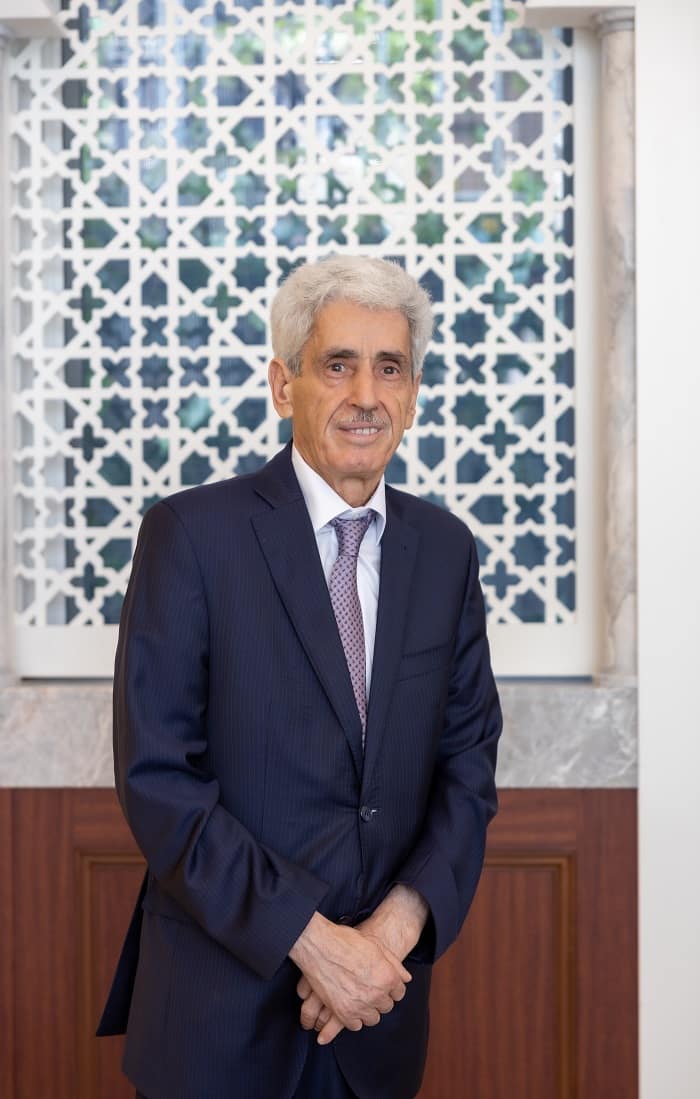
Q: Why did the Algerian people seek independence from France even at such a high cost? What were the ideals and objectives of the Algerian revolution?
The outbreak of the war of independence on November 1, 1954, which lasted almost eight years, was the culmination of all these struggles. The armed struggle has, in fact, imposed itself on the Algerian people as the only means, convinced that the colonial system which condemns them to turn on their own land as a stateless person was irreformable. The Algerian people paid a heavy price to recover their ancestral land and their freedom. It is no exaggeration to say that our war of independence was one of the deadliest of the twentieth century.
The objective of the Algerian revolution was obviously the recovery of independence, the restoration of the Algerian State exercising its sovereignty over the entire territory, despoiled for 132 years. The ideals of the Algerian revolution were resolutely universal and progressive, which earned Algeria the support and sympathy of peoples around the world.
Q: To what extent has the Algerian revolution accelerated the process of decolonization in the world and in Africa in particular?
It is fair to say that the Algerian revolution accelerated the process of decolonization, which was already underway and gained intensity towards the end of the 1950s with the independence of several West African countries. For its part, Algeria has made the completion of the decolonization of Africa and the dismantling of the Apartheid regime in South Africa a priority of its foreign policy. Our country has thus put its political, diplomatic and material means at the service of Liberation movements in Guinea-Bissau, Namibia, Angola, Mozambique, Zimbabwe and South Africa, Vietnam, Timor-Leste in Asia and Belize in the Caribbean Sea. Nelson Mandela received his military training in the National Liberation Army and upon his release from prison reserved his first visit to Algeria in recognition of the role it played in the elimination of Apartheid.
It is faithful to these same ideals that Algeria continues to support the causes of the Palestinian people and Western Sahara in their struggle for the exercise of their legitimate rights of self-determination and independence.
Q: During the War of Independence, you opened a National Liberation Front Bureau in Tokyo in 1958. What kind of support did you receive from Japan? Did this support help the friendship that followed?
The opening of the Tokyo Office in 1958 responded to the need to make the Algerian revolution known here in Japan but also in Far East Asia as well as to thwart French propaganda. This Office played a very useful role in mobilizing the political support of people of this region. The Office was created and functioned thanks to the commitment and support of several Japanese personalities and institutions. I acknowledge in this respect Mr. Susumu Taniguchi, still living, who embraced at a very early stage the Algerian cause and served as translator of the NLF Bureau and contributed to the publication of its bulletin “News of Algeria”. Mr. Taniguchi was decorated by Algeria. Mr. Nagano, lawyer and president of the Japanese Lawyers Association, Mr. Tokusaburo Dan, writer and journalist, who published several works on the struggle of the Algerian people, Mr. Matsumoto, Communist Deputy and Chairman of the Afro-Asian Committee, Tokutaro Kitamura and Mr. Tokuma Utsunomiya, both deputies of the Liberal Democratic Party and president and secretary of the support commission for Algeria, respectively. I will also mention the support of the World Conference against the A-Bomb and H-Bomb, the workers’ unions SOYO and ZERO. The list of friends of the Algerian revolution in Japan is obviously long. I take this opportunity to pay these men of conviction a very strong tribute for the support given to the struggle of our people at a time when it was really needed.
Q: What is your vision as an ambassador on the characteristics of the Algerian people and on the future of Algeria?
Regarding the characteristics of Algerian people, a difficult question, I can nevertheless summarize this in three words: freedom, resilience and generosity. The visceral attachment of the Algerians to their freedom is explained by the Amazigh substratum in Algerians’ personality. The word “Amazigh” means free man. Resilience, the Algerian people have shown throughout their multi-millennial history an ability to overcome the many trials they have faced. The most recent was the war waged on it by transnational terrorism, a fierce fight that our country waged and won alone. As for generosity, all those who have visited Algeria have been fascinated by the beauty of its landscapes, but also seduced by the legendary hospitality of its people.
Regarding my vision on the future of Algeria, I would say that, like developing countries, we are faced with major challenges, the causes of which are largely the result of an unfair international economic order and therefore penalizing our countries. Algeria nevertheless has many advantages: natural and human resources, geographical position. Our country has invested massively in education by ensuring it is free for all levels of education. This is a decisive lever for finding solutions to the many socio-economic challenges of our time. So I have every reason to be optimistic.
Read also

